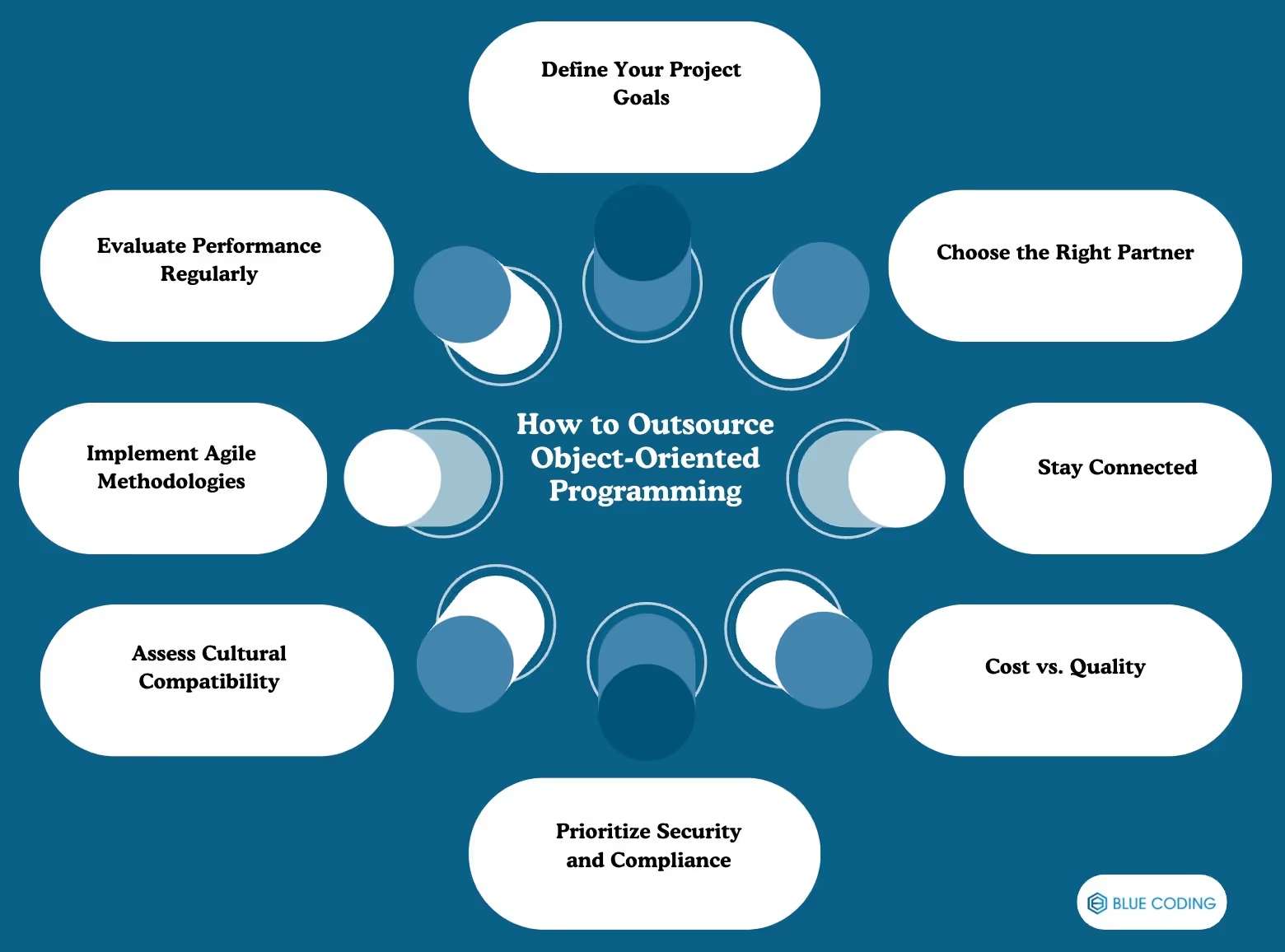Object-Oriented Programming (OOP) has been around for quite some time, with its roots tracing back to the 1960s when the first OOP language, Simula, was created. However, it wasn’t until the 1980s that OOP really began to take off, thanks to the introduction of languages like C++ and Java that were designed with OOP in mind. This approach to programming changed how developers thought about building software, shifting the focus toward creating objects that represent real-world data. One of the reasons OOP became so popular is its ability to make code more organized and easier to manage, especially in larger projects. By following key concepts like encapsulation, inheritance, and polymorphism, developers can create flexible, reusable code that simplifies the process of updating and maintaining software. Today, OOP is used in many of the world’s most popular programming languages, from Python to C#, making it a fundamental concept in modern software development. In this blog post, we aim to discuss with you exactly what OOP is and the methods of outsourcing programming language projects.
Object-oriented programming is a programming approach that focuses on organizing code into self-contained units called "objects." These objects consist of data and functions that operate on that data. The primary goal of OOP is to structure software in a modular way, allowing code to be reused and maintained more easily. It promotes the use of classes, which define the structure and behavior of objects, and supports key principles like encapsulation, inheritance, and polymorphism. Encapsulation allows objects to hide their internal details and expose only what is necessary. Inheritance enables new classes to reuse code from existing ones, while polymorphism allows objects to be treated as instances of their parent class. By following these principles, OOP helps improve code readability, maintainability, and scalability. It’s widely used in many programming languages, such as Java, Python, and C++, and is particularly suited for building large, complex systems that require ongoing development and maintenance.


Outsourcing Object-Oriented Programming is a smart way to tap into global talent, simplify your development process, and keep costs under control. When done right, it allows companies to access top-notch developers from around the world, without sacrificing the quality of their projects.
Before diving into outsourcing, it’s crucial to be clear on what you need for your OOP project. Even if you aren’t deep into technical details, having a solid outline of features and goals will help. For instance, mention the programming languages (Java, C++, Python) or any specific frameworks your project requires. Partnering with an experienced outsourcing provider like Svitla Systems can refine these needs, ensuring you cover all the important aspects.
The key to a successful outsourcing of the object-oriented programming concept is choosing the right partner. Look for a firm with expertise in object-oriented languages, as well as a strong portfolio of completed projects. Companies often offer flexible models like team extensions, where their developers become an integrated part of your existing team, or full-project outsourcing, where they handle everything end-to-end.
When you outsource OOP, keeping control of your project can be tricky, but clear communication helps. Hold regular meetings, use project management tools, and set key milestones to ensure everyone stays aligned. Additionally, your outsourced team can often provide valuable technical knowledge to enhance your in-house capabilities.
One of the big advantages of the object-oriented programming concept is cutting costs. Hiring developers from regions like Eastern Europe or Southeast Asia often gives you access to top talent at a lower cost than local developers. However, don’t let cost savings undermine quality. Take time to thoroughly vet your developers to ensure they have the skills your project needs.
When you’re outsourcing your OOP projects, one of your top concerns should be the security of your data and code. It’s essential to make sure your outsourcing partner follows industry standards for data protection. This is particularly important if your project deals with sensitive information or must comply with regulations like GDPR or HIPAA. To keep everything on track, consider conducting regular audits and checks to ensure compliance and maintain a secure coding environment.
Cultural differences can play a significant role in the success of your outsourced projects. Taking the time to understand the work culture and practices of your partner can help ease communication and build a more effective relationship. For instance, you might find variations in how deadlines are approached or how feedback is given. Being aware of these nuances can help you bridge gaps and foster a collaborative atmosphere, which ultimately benefits your project.
Adopting Agile methodologies in your outsourced OOP projects can greatly improve your outcomes. Agile emphasizes iterative development and ongoing feedback, which is especially useful when collaborating with a remote team. By using Agile practices, you can be more flexible and adapt quickly to changes, ensuring that the final product closely matches your expectations. Regular assessments of progress will help keep everything aligned throughout the development process.
Keeping an eye on the performance of your outsourced team is vital to ensuring your project stays on course. Set clear performance metrics and establish regular check-ins to assess how things are going. This could involve reviewing the quality of code, meeting deadlines, and evaluating overall communication. Providing constructive feedback during these evaluations can not only help improve the project but also strengthen your working relationship with the development team, leading to a more productive partnership.
At Blue Coding, we know that finding skilled Object-Oriented Programming experts can make all the difference when it comes to building reliable software. Our approach goes beyond just matching skills with job descriptions as we focus on finding developers who understand the big picture and are passionate about writing clean, efficient, and reusable code. Whether you're working on complex systems or smaller projects, our team has expertise in OOP languages like Java, C++, and Python to help you get it right. We also provide many other services and you can learn more about them by booking a free strategy call!
Subscribe to our blog and get the latest articles, insights, and industry updates delivered straight to your inbox